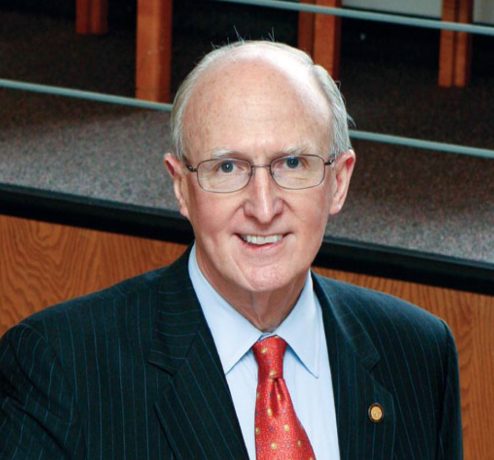By Robert A. Scott
Democracy as a functioning governing system assumes choice – informed choice — as a fundamental premise. We can choose which political party to prefer, which candidate to support, and which policy proposals to choose. However, we seem to have more safeguards on product safety than on the right to vote. Why are there so many efforts to limit access to voting?
For a country obsessed with ranking of sports teams and colleges, it is outrageous that we are satisfied with ranking #31in voter turnout of those eligible among 49 other countries, according to the Pew Research Center in 2020. That’s a choice too.
The 2020 Presidential election campaigns spent almost $14 billion, and turnout was higher than any other in 120 years – yet one-third of eligible voters stayed away. Some were deemed ineligible by local election officials, and others lacked access or were afraid of the unofficial “marshals” monitoring voting sites.
Still, others didn’t think their vote mattered or were dissuaded from voting by false advertising on the mainstream media and disinformation spread through social media. An irony of this is that the public airwaves used to disseminate inaccurate information are allocated by Congress, the elected representatives of the public.
Across the country, efforts are underway to curtail voters and voting and reduce the impact of citizen voices.
According to the Brennan Center, twenty states have imposed new restrictions. These efforts include limiting the days and hours of voting, restricting mail-in voting, keeping even those who paid for their crimes with prison from voting, and disinformation campaigns to discourage voting and create false impressions of candidates and views.
The effect is to limit who can vote, when they can vote, and how votes will be counted.
We claim to have a representative democracy but tolerate efforts to limit representativeness. What are we afraid of? Other Western democracies in Australia, Canada, and the United Kingdom have more flexible systems for voting.
If we worry that Americans are not smart enough or knowledgeable enough, the answer is to strengthen the teaching of civics, U.S. History, and the meaning and methods of our Constitution. It has been called, after all, our nation’s “Owner’s Manual.”
We have plenty of opportunities to practice democracy: local neighborhood elections, school board elections, fire district elections, and town, county, state, and federal elections. We need to reduce limitations to voting, control efforts at disinformation, help voters learn the truth, and ensure the integrity of elections. We can do more to ensure informed choices at the ballot box. But not choosing to do so is itself a choice, a choice that can lead to the demise of democracy.
That is what happens in authoritarian regimes, even though they may not start that way. For example, Putin was elected by popular vote first in 2000 and proceeded to institute changes in 2018 that allow him to remain in power.
The insurrection at the U.S. Capitol on January 6, 2021, resulted from a disinformation campaign that persists to this day.
For democracy to survive, for there to be “a more perfect union,” we need an informed citizenry that understands and appreciates critical thinking, information literacy, and the instruments of democracy. We need reliable, trustworthy, non-partisan journalism as the source of news.
It is encouraging to learn about volunteer groups that meet and question candidates, write postcards to encourage voter registration and voting, and generate donations to civic groups that encourage support of our democracy.
While news media focus on the big donations to Political Action Committees, candidates, and parties, it has been shown over and over that many small donations build up in big ways.
We need more flexibility in voting to meet the needs of our modern world. Voting by mail, absentee ballots, and early voting are steps forward but not the only steps we could take. Why is general election voting limited to the first Tuesday in November?
Wouldn’t it make sense to allow voting over several days, as in some other countries? What about holding elections on a weekend, when fewer people would have to take time off from work in order to vote?
What about requiring paid time off for voting? In some countries, voting in mandatory and fines can be imposed on those who do not vote.
Our vote is our voice. Voting is an act of choice and the exercise of our voice in expressing our values and priorities. We should make it easier to learn about candidates and issues, and for citizens to fulfill their civic duty by voting.
It is intended to be a personal act for the common good.
Robert A. Scott, President Emeritus, Adelphi University, and author,
How University Boards Work, Johns Hopkins University Press, 2018

